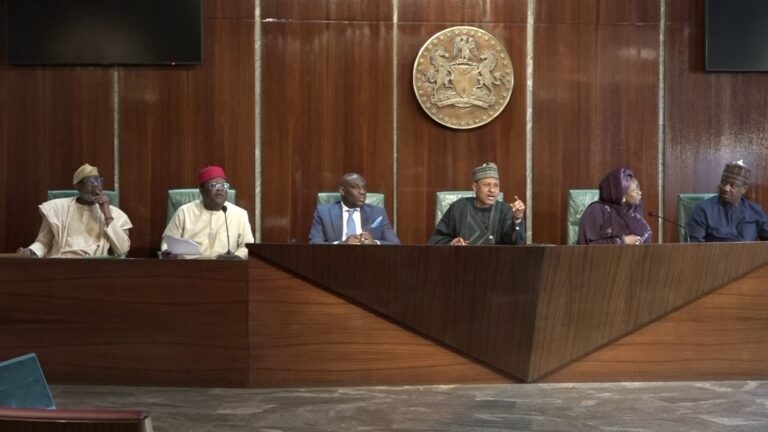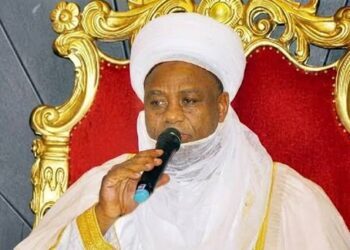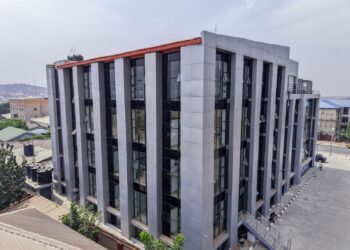The Minister of Solid Minerals Development, Mr Dele Alake, said this while briefing State House Correspondents, after the FEC meeting.
He said the technology was an integrated solution framework to combat unlicensed, unregulated, underreported mining activities.
The Minister said the deployment of the technology would curb activities that had led to revenue leakages, illegal operations and illegal extraction and exploitation of the country’s minerals.
“We are procuring satellite equipment, satellite gadgets that will be installed in strategic places all over the country that would enable us to have visual effect, real time of the operations that are ongoing in sites all over the country.
“There will be a centre like a screen in the operation centre, the mines martial centre, and in my office as well.
“At a glance, at the click of a button, you can surf any mine site and see the operations there; the volume of the mineral extracted, the number of trucks going out, and, of course, the security situation in the environment,” said the Minister.
Alake said his ministry introduced the technology in addition to a two-prong strategy to combat illegal mining.
He said on assumption of duty, the ministry adopted a two-prong approach: persuasive and coercive strategies.
He said the persuasive strategy entailed appealing to the sense of responsibility of artisanal miners to form cooperatives.
“When they form cooperatives, they become structured, formalised and legalised, and their operation can now add some value to the nation.
“When they form cooperatives they become bankable. They can even have access to financial institutions to procure loans to expand their businesses.
“And of course, it means they have to pay their obligations to the Nigerian state,” he said.
He said the ministry had been able to persuade the illegal and artisanal miners to form over 300 cooperative societies.
Alake said the second approach, the coercive strategy was for those who were recalcitrant, who failed to yield to the persuasive method.
“We used the coercive measure, and that is epitomised by the Mining Marshalls that we established. To date, we have arrested apprehended, prosecuted and convicted illegal operators, including foreigners,” he said. (NAN)









